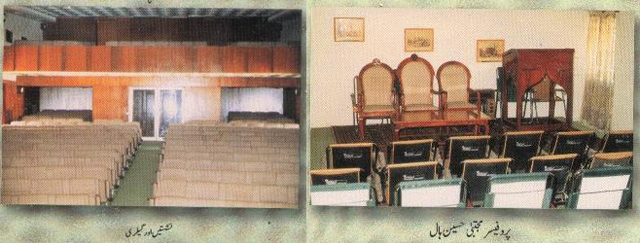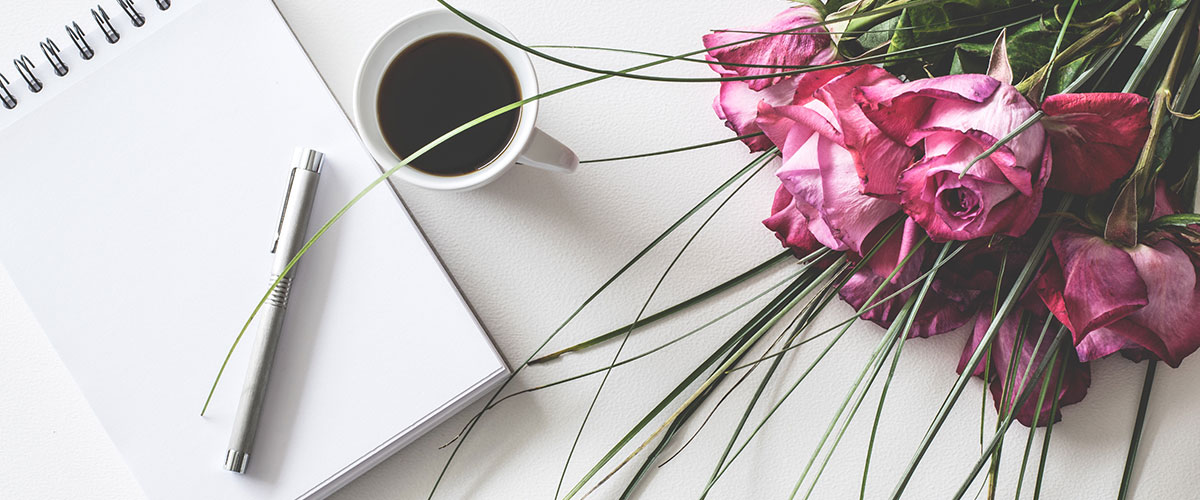Saqiba’s first love has always been Urdu Literature. She belongs to a family of literary personalities so interest in literature was part of her upbringing, After successfully writing for children she decided to offer her services for literature.

Qalam Qabeela literary trust is a prestigious, non government literary organistation of high repute and caliber in Pakistan, it was established in Quetta, the provinvial capital of the Baluchistan province, on September 19th 1979. Saqiba Rahimuddin who is a prominent writer of the urdu literature and a socio cultural figure of Pakistan is the founder and life time chairperson of this organisation.

Qalam Qabeela was established to bring established writers and new talented writers together under one organistation and to bring the cultural and literary trends of Baluchistan to the forefront.

Aims and Objectives of Qalam Qabeela:
- To encourage development of Urdu the national language of Pakistan. To bring the regional and the national language closer with the help of translation.
- To encourage literature that is in harmony with the ideology of Pakistan.
- To provide a creative and conducive atmosphere for new and upcoming writers and to bring them into contact with writers in other provinces.
- To help needy and disabled writers with monetary assistance and provide resources for mediacal assistance and residential problems.
- To protect the literary assets of Balochistan.
Working council of Qalam Qabeela:
- Saqiba Rahimuddin: Lifetime Chairperson.
- Dr Farooq Ahmed: Vice Chairman.
- Syed Abid Rizvi: General Secretary.
- Mrs. Wahid Riaz: Finance Secretary.
- Afzal Murad: Joint Secretary.
- Mohsin Shakeel: Press Secretary.
Executive Body of Qalam Qabeela:
1. Begum Saqiba Rahimuddin
2. Prof Dr Sultan Altaf Ali
3. Prof Dr Firdou Anwar Qazi
4. Mrs Aftab Masroor Alam
5. Miss Feroza Zaidi
6. Mrs Najma Wahid
7. Bairam Ghouri
8. Sarwar Jawed
9. Mohsin Shakeel
Facilities in Qalam Qabeela:
Head office of the organisation is situated in Quetta. It has its own complex building which include a library, auditorium, a hall, residential rooms for researchers, press booth, record room printing and publication facilities, and art gallery.

